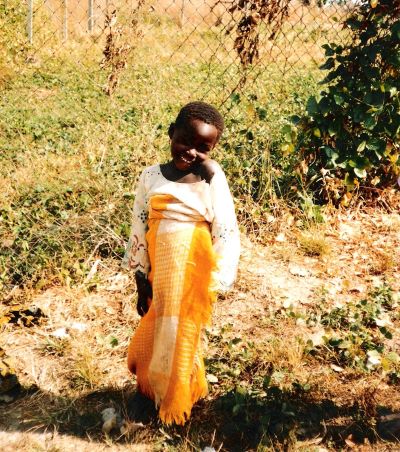My Favourite Season
by Sr. Prisca Ovat, MMM Nigeria/Kenya 18.09.2022
 Seasons in Africa are unclassified. Yet they exist with no outstanding memories to merit a class, like the winter, autumn, spring, and summer we know from other continents. Here in our part of the world, we know for certain that a rainy season comes. It is a period when farmers cultivate rice in swamps, maize is harvested and preparations for new yam festivals begin. Next is a dry season with a transitory period known as the Harmattan.
Seasons in Africa are unclassified. Yet they exist with no outstanding memories to merit a class, like the winter, autumn, spring, and summer we know from other continents. Here in our part of the world, we know for certain that a rainy season comes. It is a period when farmers cultivate rice in swamps, maize is harvested and preparations for new yam festivals begin. Next is a dry season with a transitory period known as the Harmattan.
The season of Harmattan, in the Nigerian context, falls between November and March. It is defined by a cool dry wind blowing from the Sahara. Every Nigerian typically witnesses low humidity, dispersed cloud covers, zero rainfall, and big clouds of whirlwind strong enough to snatch clothes into the atmosphere. The great risk is often bush fires, posing danger to lives and crops.
No school child ever anticipated this season. Neither are body lotions good business. First is the stress of getting out of bed to a cold shower. We’ll often be woken a couple of times before courage gets us out from the sheets. Anyone who waits by the roadside admires the school children in their bright and over-oiled skin. Keep waiting until after school hours, you’ll have a different opinion. Those of us, who were then aware of shame, would have a tin of oil in our bag for just the hands, legs and lips, to avoid what we often referred to as “mathematics ” (the cracked skin caused by dryness).
However, there was something special about the dry season. Nature brought to us a branch of the Atlantic ocean from whence water is collected for cooking and drinking when the rains fail. Almost all families would wake up at 4am, in the cold of our winter, make the 3km walk with basins on our heads according to ages for a warm river shower, ready for school, and afterwards collect water for cooking.
We often looked forward to the afternoons. After school hours, all roads led to the river. Every child helped the other in learning to swim. Looking back at this adventure, those were the risks we took, but we became skilled divers at a young age. When we advanced, we went fishing for plankton and nailing out mussels from rocks. All Saturdays were spent in the river. We’ll take with us everyone’s dirty clothes, grab lunch and head off until sunset.
Reflecting on those times, today I’ll describe growing up as challenging. It was a life characterised by great hardship. Today we give thanks for the privileges technology has brought to us after several centuries. Now we have boreholes to fetch from and school children will no longer be awake at 4am for a long walk in search of water. Swimming pools are available and the exposure to large bodies of water is minimised.
Undoubtedly, the good things of life come not only from the most comfortable situations. We achieved a comfortable living out of all situations. Growing up in hardship silently built great resilience which victoriously transcends all difficulties today.
SEE ALL BLOG POSTS
